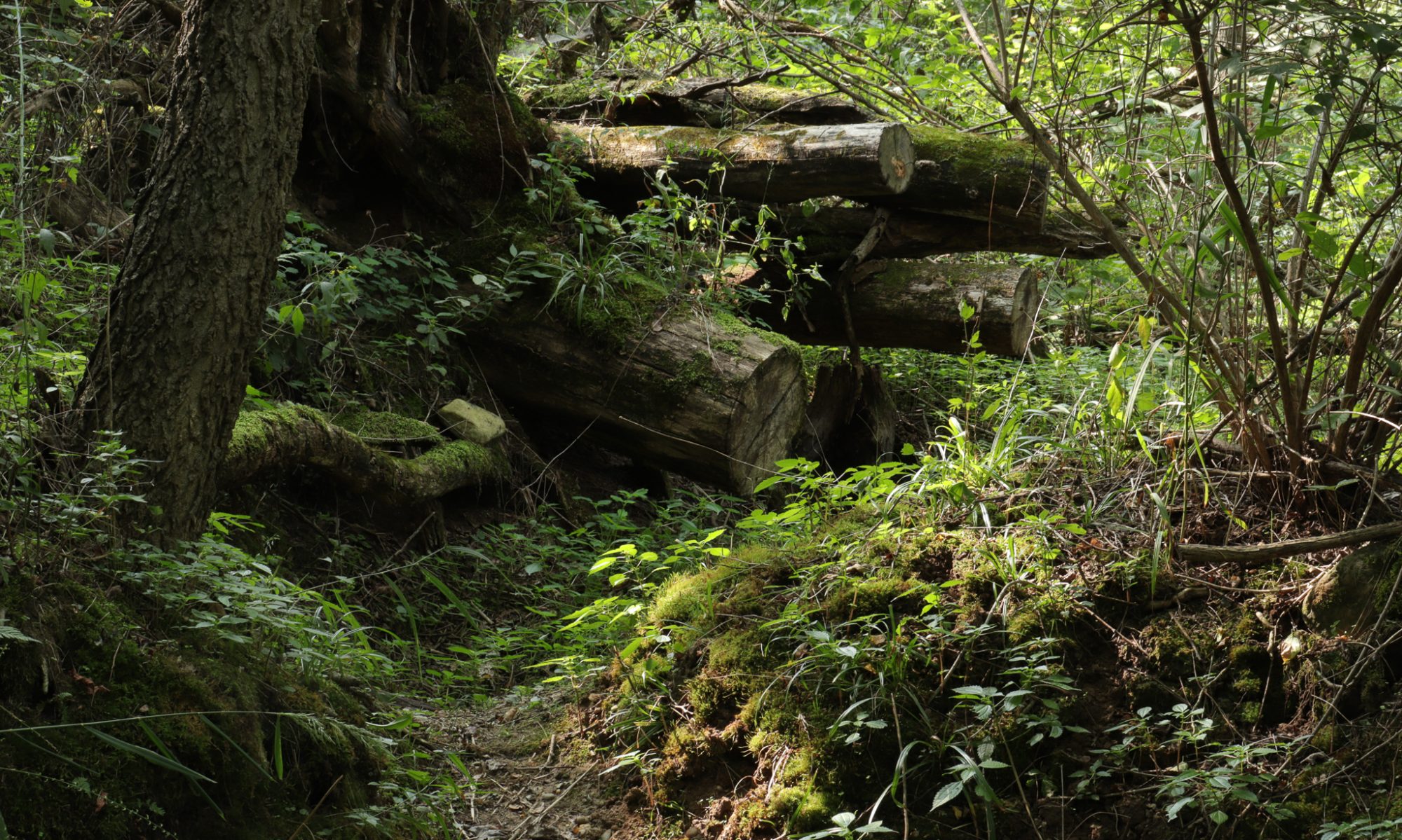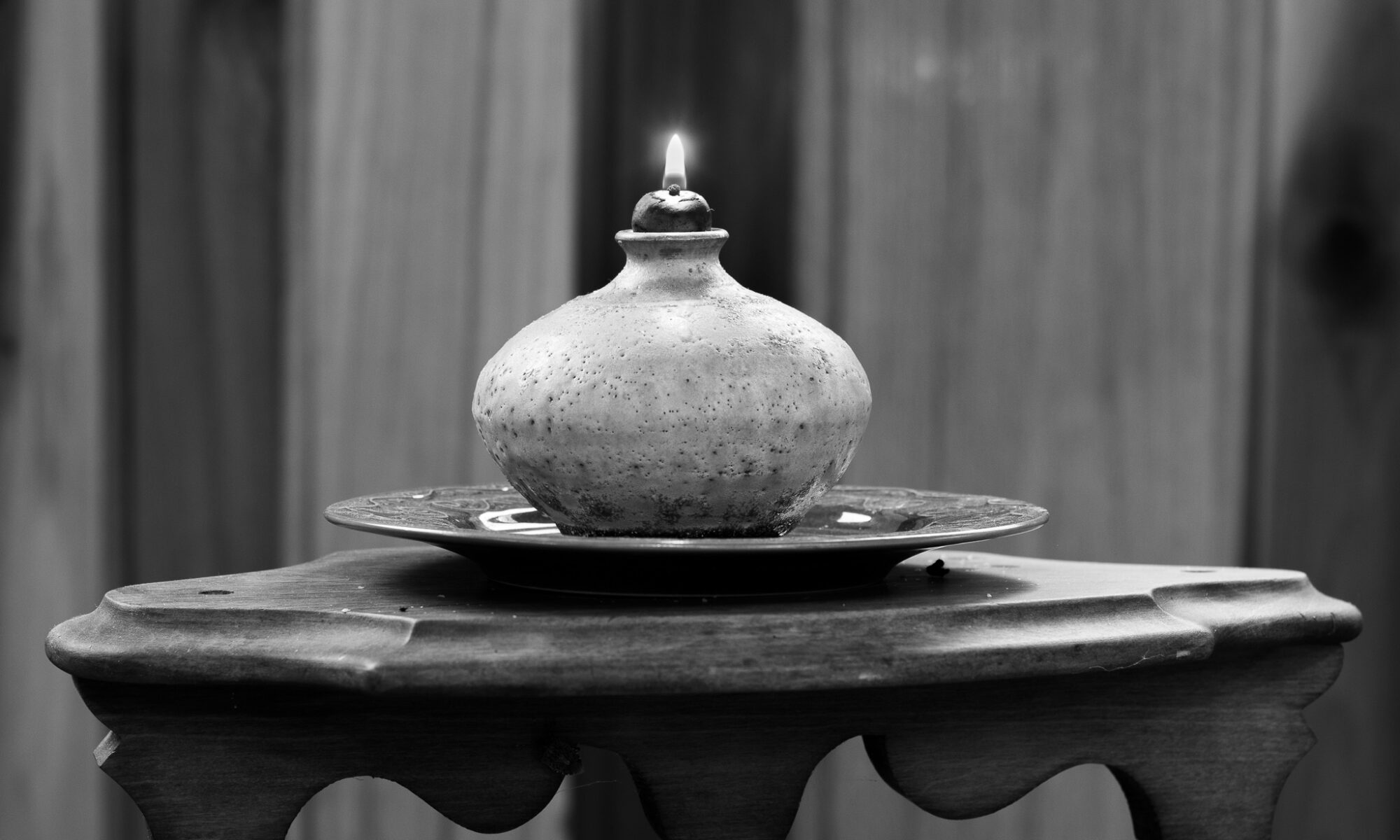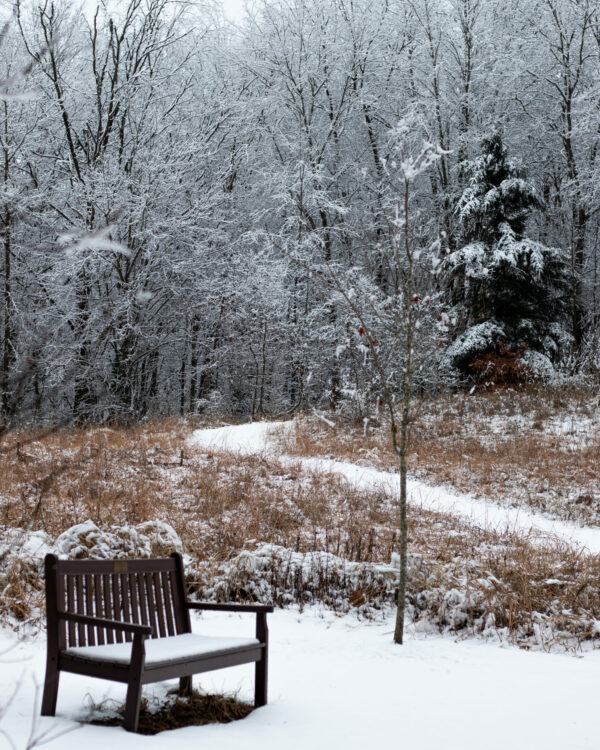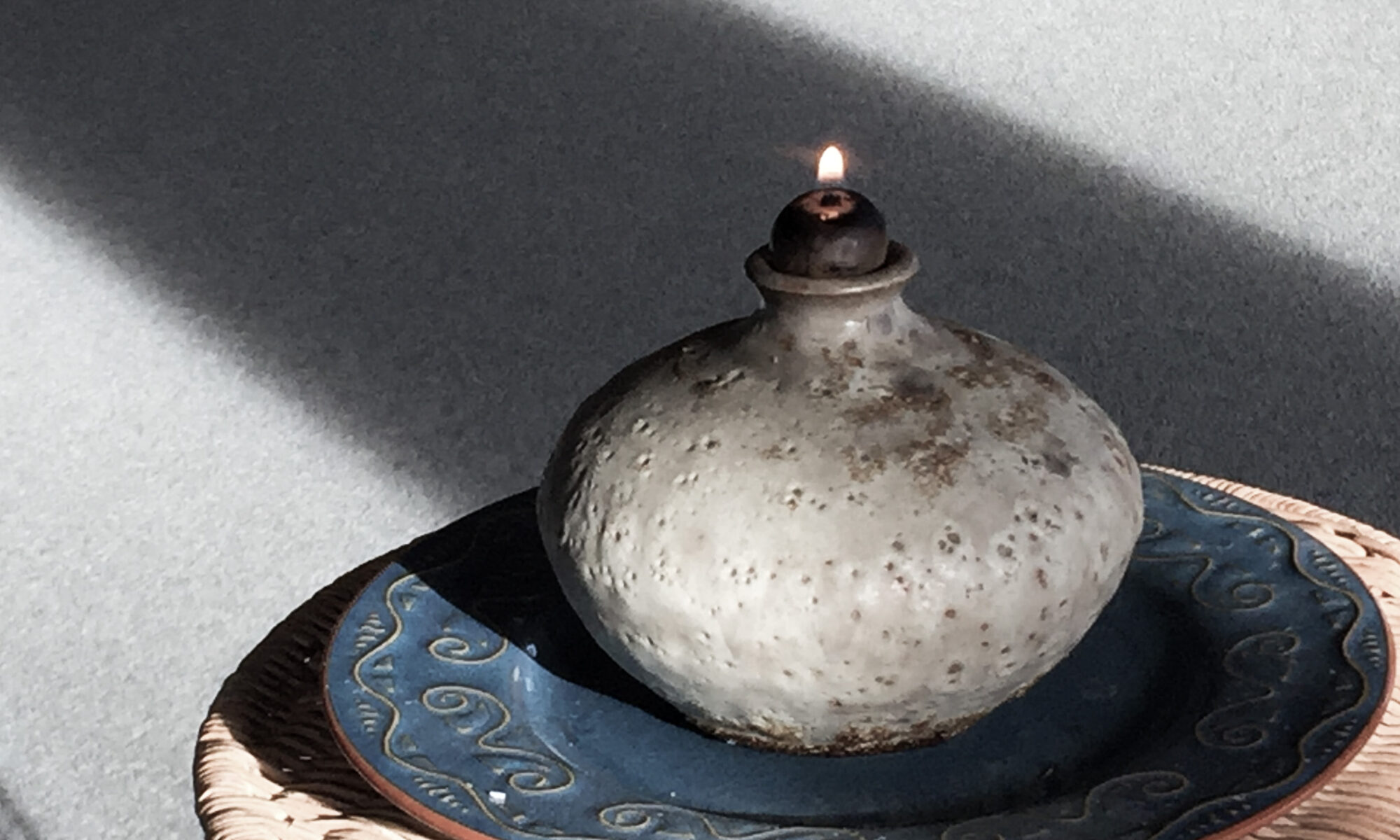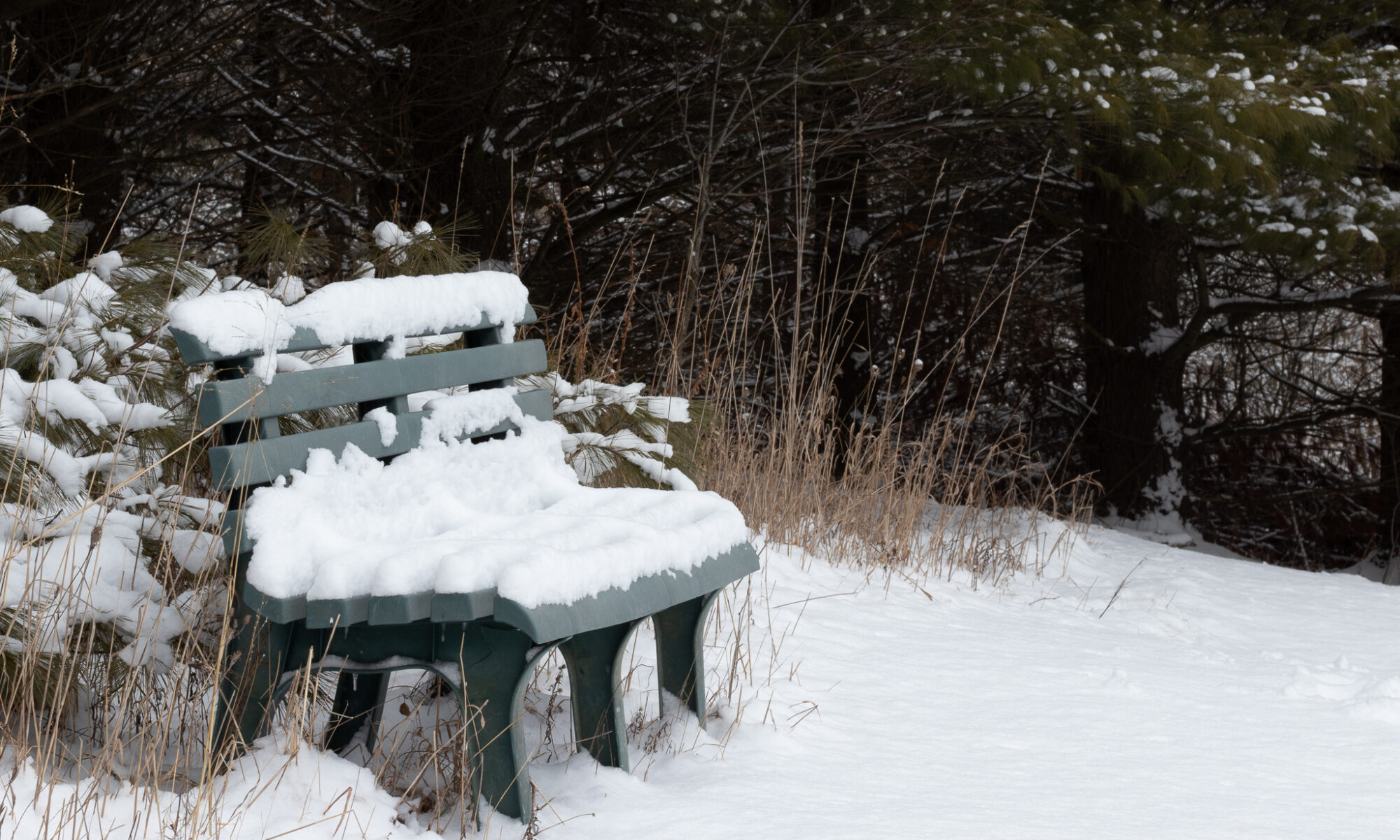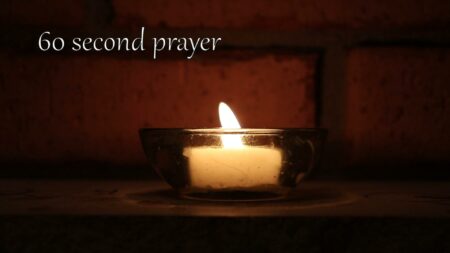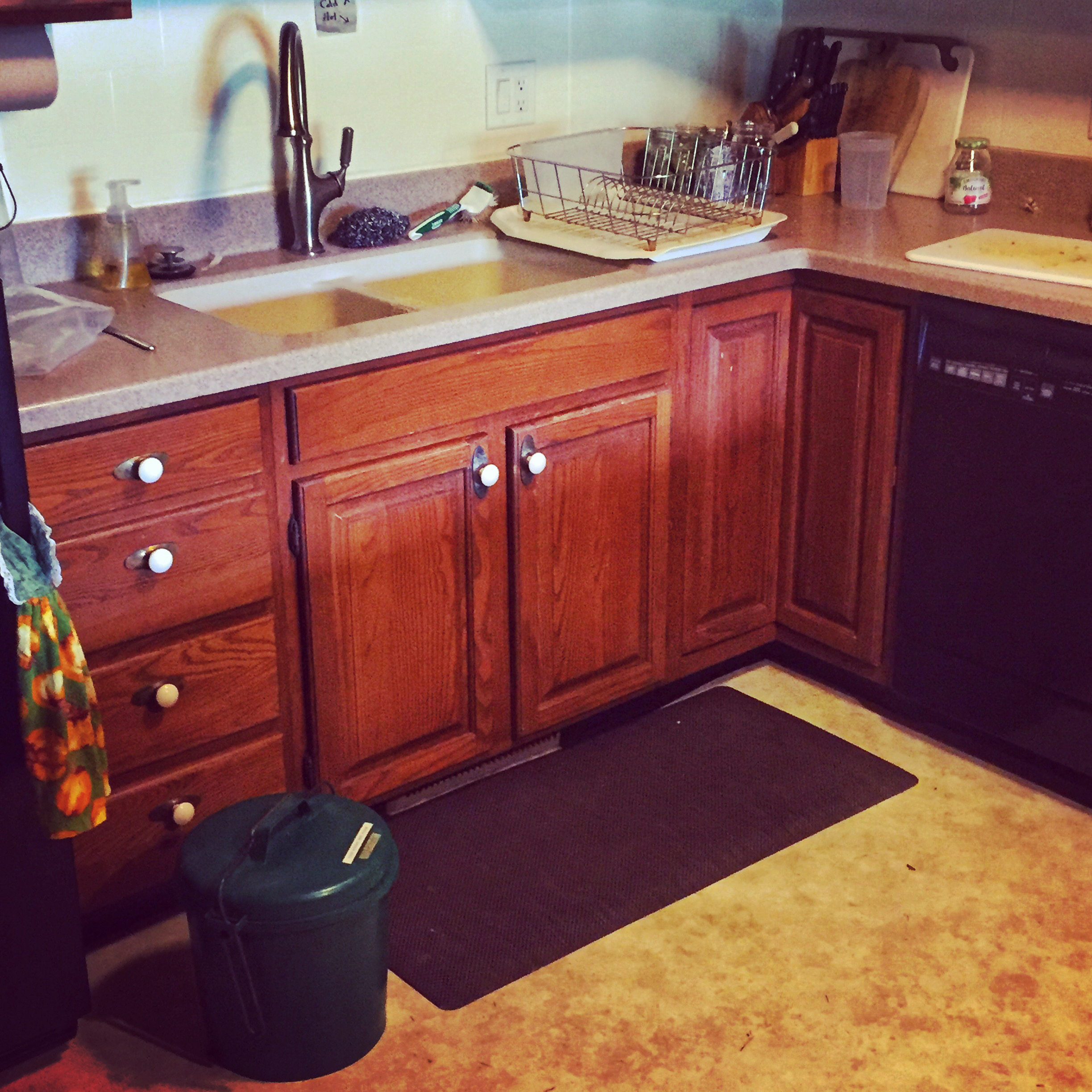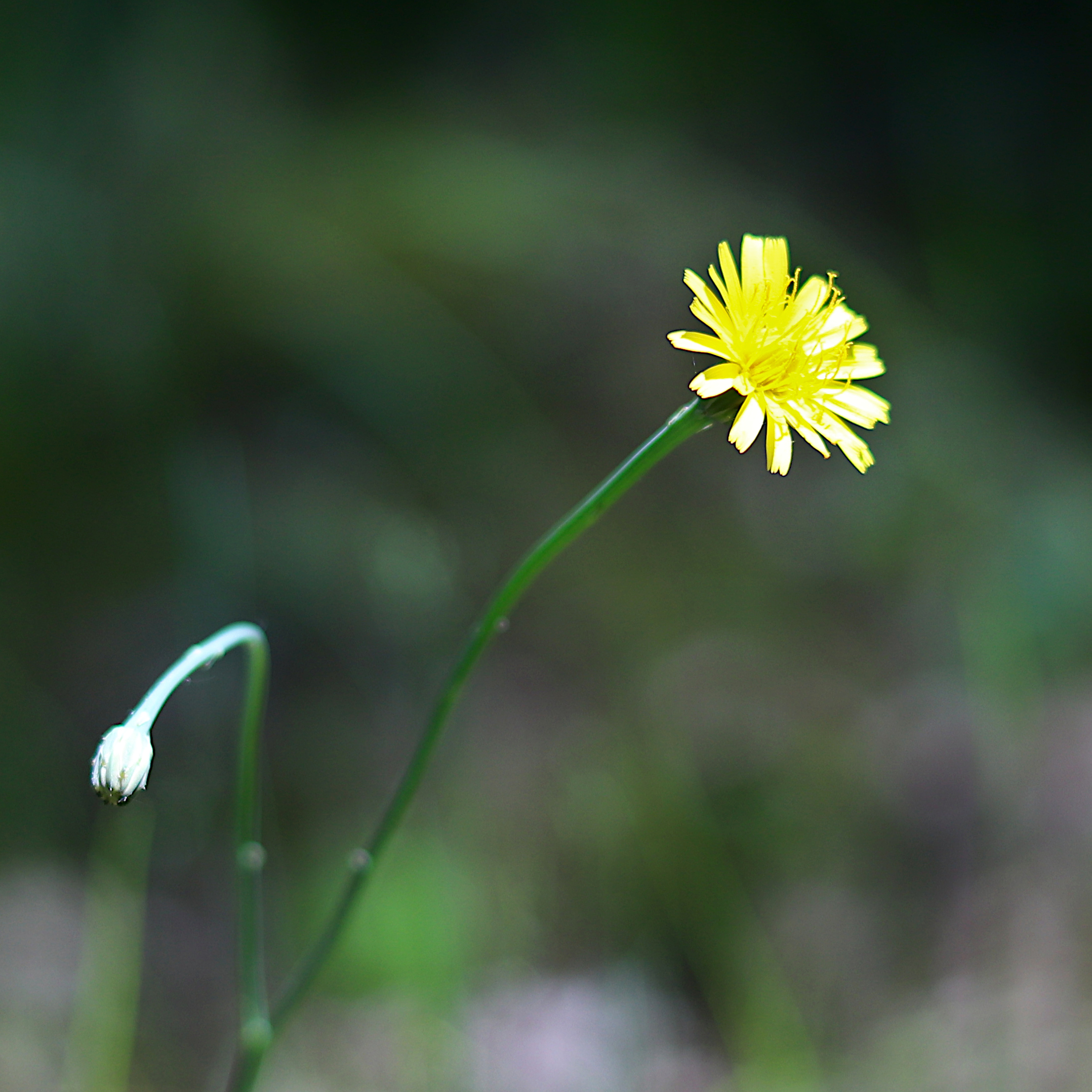“Therefore, my heart is glad, and my soul rejoices; my body also rests secure,” (Ps 16:9)
Some years ago, June and I volunteered at The Hermitage while David and Naomi Wenger were on sabbatical. Upon their return I approached David and asked him, “Did you receive in faith the gift of rest?”
This may seem like a curious question, and I’m sure I was attempting to be clever, but the words of this question were familiar to David. The words, adapted from Matthew 11, come from The Hermitage Affirmation, the morning prayer liturgy drafted by The Hermitage founder Gene Herr which we pray on Mondays.
Teach us, Jesus,
to hear you,
to come with the heavy loads we feel, to be yoked with you,
to be taught by you,
To learn what things really matter, and to receive in faith the gift of rest.
Today, as director of The Hermitage, I feel I am beginning to glimpse the powerful reality of the gift of rest. This season of Covid has brought many weary and exhausted people to our doors. Their presence with us and their experience of The Hermitage has taught me about receiving the gift of rest.
I confess that in the past I thought of rest as synonymous with relaxation. Rest was a pleasant, if at times, an irresponsible luxury. Rest could easily become a distraction from responsibility and productivity. Rest was good if you were tired, but too much resting was a sign of laziness.
In my quick orientation with new guests, I always point out the chapel and how we gather for morning prayer at 8am. I then add that guests are welcome to join us and are welcome to sleep as both sleep and rest are deeply important parts of retreat.
Rest is a practice and a gift.
Rest is a product of letting go of the need to shape each moment of our day; letting go of ambitions and anxieties; letting go of finding our value in our productivity; letting go of our sense of how indispensable we are.
In his life of ministry, and his training of the disciples, Jesus emphasized rest. “He said to them, ‘Come away to a deserted place all by yourselves and rest a while.’ For many were coming and going, and they had no leisure even to eat,” (Mark 6:31).
Choosing to practice the spiritual discipline of rest can be very difficult for some of us. It certainly is for me. I find it hard to practice rest because it is difficult for me to accept that, somehow, The Hermitage could survive a day or even a week without my near constant attention. This is foolishness.
Rest can come with feelings of guilt for all the work others have to do for me to rest. Rest can cause us to question our self-worth. “What if I rest from work for a few days and nobody notices?”
Rest is intimately related to trust. Without trust rest is elusive. In order to rest we must trust that life will be okay without us being useful. We must trust the emails and texts that go unanswered while on retreat will still be there when we return and that many of their “urgent” problems will have already resolved themselves. Rest also comes when we can trust food will be available when we are hungry, and a warm bed will be available when tired. We rest in the arms of the ones we love, because we trust them.
As we see in Matthew 11, we are to come to God and give God our weariness and business, and in turn, God will give us rest. The goal of our journey is to rest in the heart of God, the most trustworthy One.
“Did you receive in faith the gift of rest?” I asked of David upon his return from sabbatical. David laughed at my question. “Have I received in faith the gift of rest?” he slowly repeated. After a pause he replied “Why yes! Yes I have.”
